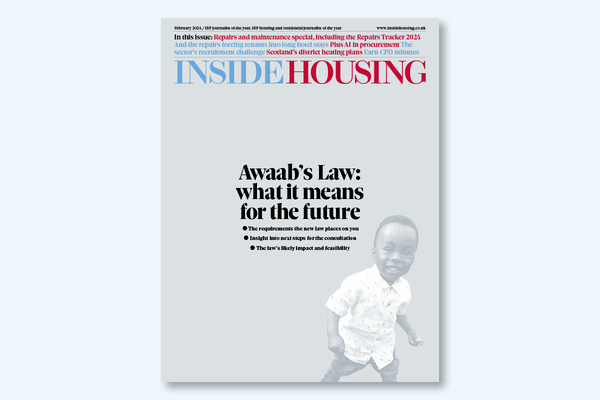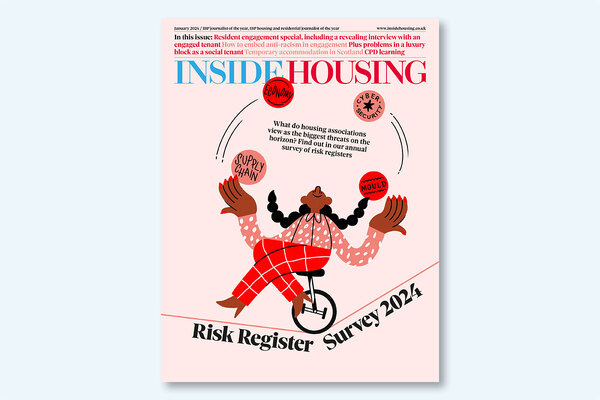You are viewing 1 of your 1 free articles
Lack of training leaving DWP staff without skills to help domestic abuse victims, union says
A “lack of meaningful training” is leaving frontline Department for Work and Pensions staff without the skills to deal with domestic abuse, evidence to cross party MPs has revealed.
The work and pensions committee has published research carried out by the Public and Commercial Services (PCS) Union that shows Jobcentre Plus staff do not feel equipped to deal with issues like domestic abuse and the financial control that can come with it.
The committee has been looking into how Universal Credit is affecting domestic violence victims, with charities raising concerns that a single payment to a couple can exacerbate abuse.
In evidence to the committee the PCS Union, said: “Members do not feel confident that they have the skills to deal with domestic abuse cases due to the lack of meaningful training.”
The union’s evidence adds: “Work coaches may be supportive and encouraging and be able to signpost the claimant to help, but while the claimant is still living in the abusive household, the coach cannot implement the official ‘easement’.” Easement is lifting benefit conditionality for a period for abuse victims.
However, the PCS evidence came to a different conclusion. It stated: “For claimants still in the household experiencing financial controlling abuse, a split payment of Universal Credit is not necessarily helpful or indeed realistic or safe to implement.
"The claimant would need to be able to ‘explain’ the reason for a split payment to the abusive partner and would need to set up their own bank account – difficult in itself – in order to receive the money.
"A split payment of the Universal Credit personal allowance element also causes any Universal Credit rent element to be paid directly to the landlord, which potentially ties the claimant to the household further.”
Frank Field, chair of the committee, said: “Another disturbing front is opening up in the implementation of the Government’s flagship welfare reform policy Universal Credit.
"Up until now, the focus has been on how brutally some constituents are treated once they are pushed onto Universal Credit.
"Now we have the views from the other side of the counter, of those civil servants who try loyally to carry out the government’s wishes.
"The lack of training and expertise at the frontline in JobCentre Plus is a thread running through all of our benefits inquiries – and now it is becoming apparent to the public how this is leaving them unprepared to deal with the most vulnerable claimants.”
Make a Stand
The ‘Make a Stand’ pledge has been developed by CIH in partnership with Women’s Aid and the Domestic Abuse Housing Alliance (DAHA) – made up of Standing Together Against Domestic Violence, Peabody and Gentoo. It was launched under the CIH presidency of Alison Inman in 2018, and then continued by her successor as president Jim Strang.
As of 6 February 2018, 300 organisations had signed up.
As part of the pledge, housing organisations can make four commitments to support people who live and work in housing who are experiencing domestic abuse.
These four commitments are:
* To put in place and embed a policy to support residents who are experiencing domestic abuse
* To make information about national and local domestic abuse support services available on your website and in other places which are easily accessible to residents and staff
* To put in place a HR policy and procedure on domestic abuse, or to incorporate this into an existing policy, to support members of staff who are experiencing domestic abuse
* Appoint a champion in your organisation to own the activity you are doing to support people experiencing domestic abuse
Click here to read a piece by former CIH president Alison Inman explaining more about the campaign












